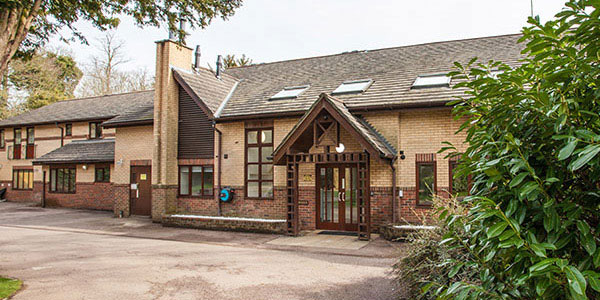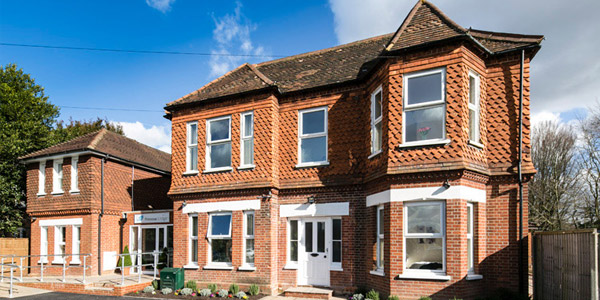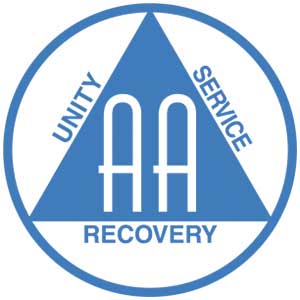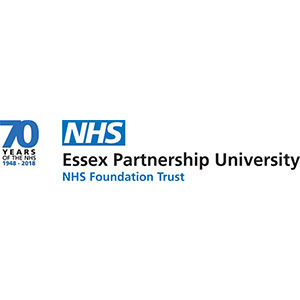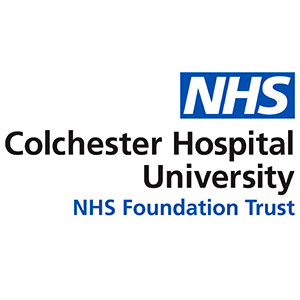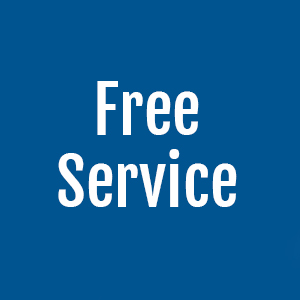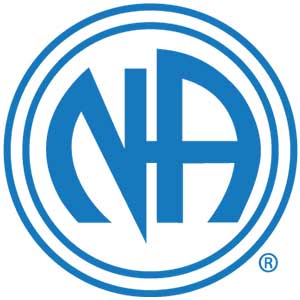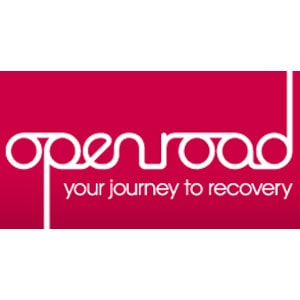Alcohol & Drug Rehab in Colchester
Few people who know and love Colchester will need reminding that along with all the positive aspects that make it a vibrant and exciting place to live, the city has a darker side in the form of a long-standing and serious addiction problem.
Alcohol, illegal drugs – especially hard drugs such as crack and heroin – and prescription medicine are all taking a terrible toll on Colchester’s inhabitants, with knock-on consequences for crime and social health.
However, the picture is not an unremittingly gloomy one: there are now many facilities available for those struggling with addiction who are prepared to reach out for help. If you are among them, do not give up hope: read on to learn how rehab can set you back on the path to happiness.
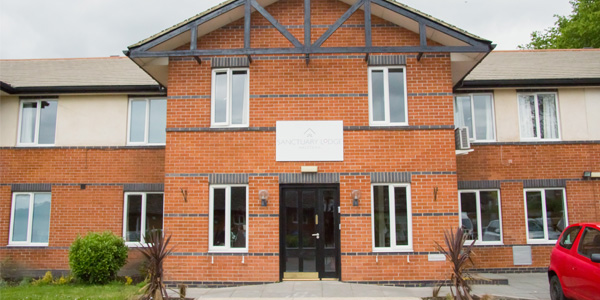
Sanctuary Lodge is a state of the art detox and rehabilitation facility, se…
- Private
- Holistic Treatment
- Onsite gym
- Residential
Featured Rehabs
Liberty House Clinic is a fully furbished detox and rehabilitation facility…
Banbury Lodge is a private UKAT rehab facility based in Banbury, Oxfordshir…
At Primrose Lodge we genuinely care that our patients make a full recovery …
-
- Free
- Group Setting
- 12 Step
-
- Free
- Group Setting
- 12 Step
-
- Free
- Counselling
- Outpatient
- Support
-
- Free
- Counselling
- Outpatient
- Support
-
- Free
- Counselling
- Eating Disorder
- Support
-
- Wheelchair Accessible
- Counselling
- 12 Step
- Support
-
- Wheelchair Accessible
- Counselling
- 12 Step
- Support
- Load More
Drug & Alcohol Rehab Services in Essex
- A
- B
- C
- D
- E
- F
- G
- H
- I
- J
- K
- L
- M
- N
- O
- P
- Q
- R
- S
- T
- U
- V
- W
- X
- Y
- Z
What Is Rehab?

Residential rehabilitation – “rehab” – is commonly considered to be the most effective way to treat addiction in terms of providing addicts with the greatest chance of a permanent recovery, as it tackles both the immediate challenges of physical dependency and the longer-term psychological challenges which need to be addressed if a person is to remain free of substance abuse.
Upon the robust platform which rehab provides – via a combination of therapy, medication, healthy eating, exercise, support from peers and more – even the most apparently hopeless addict can build a lifelong recovery and a happy, successful life. The word “rehab” describes both the process of attending a dedicated treatment facility and the facility itself (“going to rehab”).
At rehab, patients can focus wholly upon their recovery with the assistance of highly qualified and experienced medical professionals in a pleasant, calm environment designed to be perfectly conducive to mental and physical healing. Furthermore, rehabs are totally confidential, ensuring that patients can relax secure in the knowledge that their condition and treatment will remain secret.
How Can I Get Someone into Rehab?
Although it remains true that unless an addict truly wants to stop abusing drink and/or drugs any attempt at treatment is unlikely to be successful, as soon as that desire is articulated it is imperative to get that addict the help that they – potentially you – need. Why is time such a factor here?
Because every day that passes during which an addict continues to wrestle with their illness is another day when they are at risk of dying from an overdose or as a result of an accident or violence in which substances of abuse are a key factor. The NHS provides high-quality addiction treatment services but across the country, demand is high and rising, and waiting lists are correspondingly lengthy.
If you or a loved one are seeking relief from the burden of addiction, every day counts – so don’t waste another second: call 0800 024 1455 now to speak with an addiction specialist about some of the private options which may be available to you.
Advantages of Private Rehab
The secluded, tranquil and secure setting of rehab is ideal for an addict to begin the recovery, allowing them to focus upon the treatment and engage in quiet contemplation and analysis. Crucially rehabs are also highly confidential institutions: patients are able to relax safe in the knowledge that details of their condition and treatment will not reach the outside world.
When entering rehab, following an assessment by the medical team, an addict will always go through the detox phase monitored and assisted by highly skilled and experienced medical professionals on hand to make sure that this process is a safe and as comfortable as it can be (potentially leveraging the appropriate medicines to ameliorate the worst impacts of withdrawal syndrome).
After detox, a patient then moves into a therapy phase during which the underlying causes of their addiction will be revealed and analysed via a broad range of different therapy models (some of the less mainstream of which may vary from one rehab to the next) and in both one-to-one and group settings.
Throughout the patient’s stay in rehab they will benefit from bespoke dietary and fitness plans provided on the basis of “healthy body, healthy mind”. On top of high-quality food and fitness equipment, each rehab may have a range of other facilities available for recreational or other purposes; specifics, of course, will vary from one institution to another.
Upon completing a treatment programme, the patient will leave rehab – but must not think that their recovery is complete. Because of this, good rehabs will provide up to a year’s free aftercare to ensure that patients feel they are still able to benefit from medical expertise at this crucial phase of their recovery.
What Does Rehab Cost in Essex?
The cost of private rehab in or near Colchester can vary significantly by treatment programme and depending on which of a variety of optional extras are selected. As a rough guide, standard costs range from between £5,500 and £11,000 per month, though the cheapest rehab treatment can start from as little as £834 per week. For more details, call 0800 804 4755.
Colchester NHS Addiction Treatment
If you feel that private rehab is currently not an option for you for reasons of cost, or if you do not feel that you are able to spend the required time away from family and/or work obligations, do not despair: various NHS and charity resources can be found in Colchester and across Essex which can help you combat your addiction. Consult your GP about which of these resources may be available to you and would be most appropriate for your specific situation.
Advantages of NHS Treatment
It should not come as a surprise that the primary advantage of NHS treatment in many people’s eyes is a financial one: NHS services are, of course, free at the point of use, whereas private rehab comes at a cost (though compared with the cost of sustaining addiction, you may feel this to be an extremely valuable – not to mention life-saving – investment).
The NHS operates in every corner of the country, and services are therefore very accessible geographically compared with some rehab facilities. Another advantage offered by NHS services is that standards are generally high – though quality does vary by location and, again, waiting times can be extremely lengthy.
Addiction Support Groups
A number of organisations exist across the country to provide assistance to recovering addicts, and some of these operate a support group model. Support groups are groups of individuals who are themselves recovering addicts – some only recently free from addiction, while others may have been clean for many years.
Here, they come together at regular meetings to give and take mutual support: sharing their stories of addiction, giving advice on how to resist relapse, showing solidarity and sympathy when group members are struggling, and providing the simple companionship which can mean so much in times of difficulty and loneliness.
Support group attendees can come from all walks of life, brought together by their shared experience of addiction and recovery; typically, attendance at support groups is free and the only qualification for participation is a commitment to leading a life free of substance abuse.
The most famous support group organisation, and the one on which most others are modelled, is Alcoholics Anonymous (AA) which was founded in 1935 and runs on a 12-step programme of personal and spiritual development, with one of the steps being a recognition that a higher power – such as God – can assist with an alcoholic’s recovery.
Narcotics Anonymous (NA), founded in 1953 and based directly upon the AA model, is the second-largest support group organisation worldwide and caters to recovering drug addicts specifically. In a similar vein, but supporting those recovering from addictions to specific substances, are Cocaine Anonymous (CA), Heroin Anonymous (HA), Marijuana Anonymous (MA) and Crystal Meth Anonymous (CMA), all of which operate 12-step programmes.
There are also support groups such as Al-Anon and Nar-Anon assisting the families and friends of addicts which typically hold meetings alongside those for the addicts themselves.
Support groups typically meet weekly, though each local chapter is managed independently and meeting times and venues are subject to change. To find information on meetings in or near Colchester, see the relevant websites:
Alcoholics Anonymous
, Narcotics Anonymous; Cocaine Anonymous; Heroin Anonymous; Marijuana Anonymous; Crystal Meth Anonymous.
Types of Counselling

Individual counselling is a type of help for recovering addicts which can be particularly beneficial for people with very busy schedules. individual counselling may be engaged in following a stay at rehab (or other addiction treatment) as a supplementary aid to recovery, or perhaps as a way of managing an addiction before engaging in a full training programme.
Private addiction counsellors work in ways like the operations of “normal” psychotherapists, although the focus is on addressing the causes and consequences of addiction; counsellors offering a broad range of approaches to therapy and different therapy models can be found across the country, including in Colchester.
Counsellors can be seen by private appointment, typically on a weekly basis, and usually charge a fee per appointment; while some counsellors make themselves available for emergencies, it is more common for access to be limited to working hours.
How to Get to Sanctuary Lodge from Colchester
Sanctuary Lodge is a state-of-the-art, 24-bedroom detox and rehabilitation facility set in a tranquil neighbourhood in the pretty market town of Halstead, Essex. Sanctuary Lodge’s high-quality facilities and highly experienced medical and support staff create the ideal environment in which to address the key questions at the heart of recovery from addiction, and to embrace its fully comprehensive holistic rehabilitation programme.
To get to Halstead from Colchester, take the A134 to the A133 and follow that road to the A12. At junction 26, take the A1124 and follow that road directly into Halstead.
Sanctuary Lodge
Hedingham Road
Halstead
Essex
CO9 2DW



